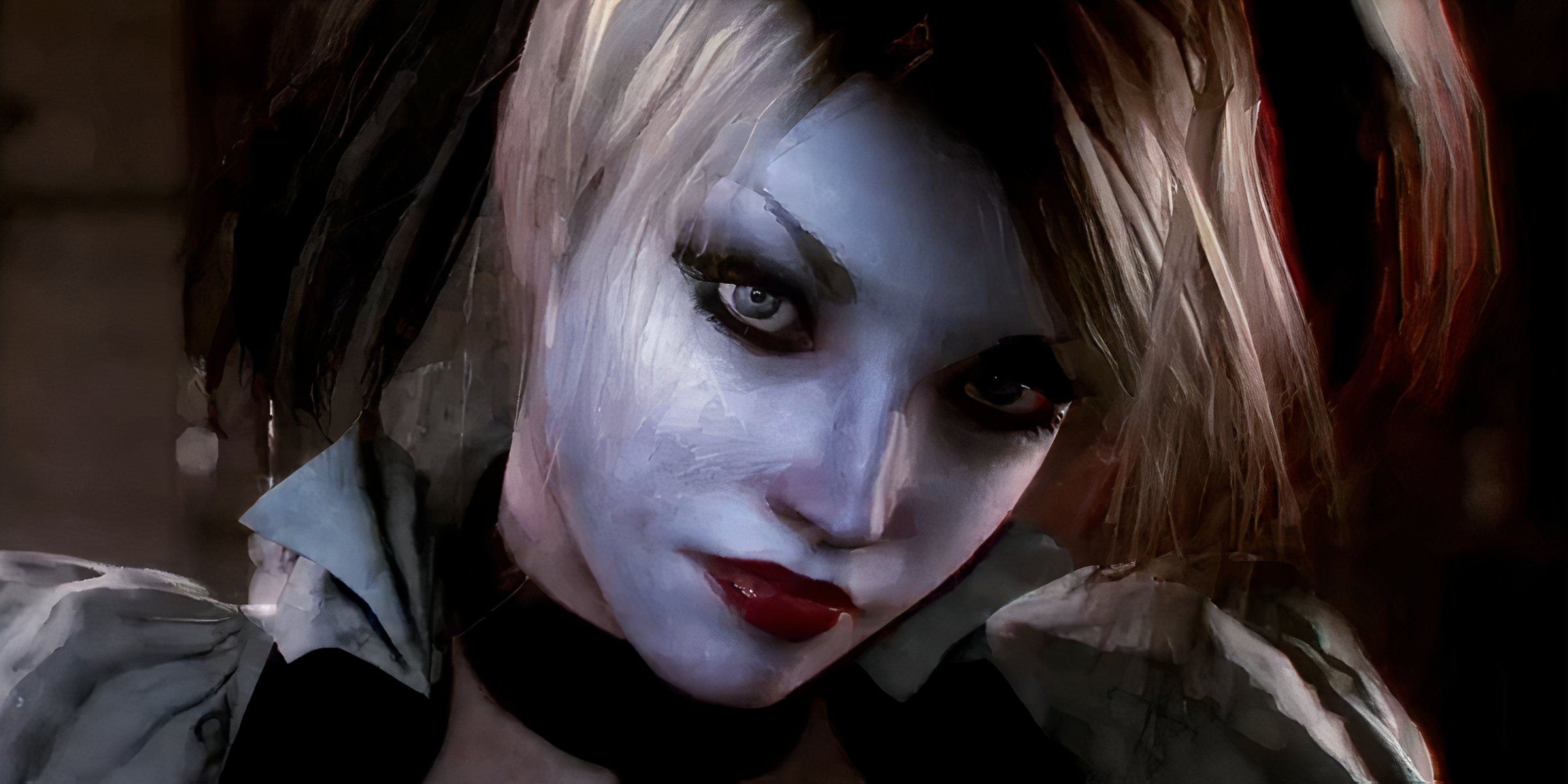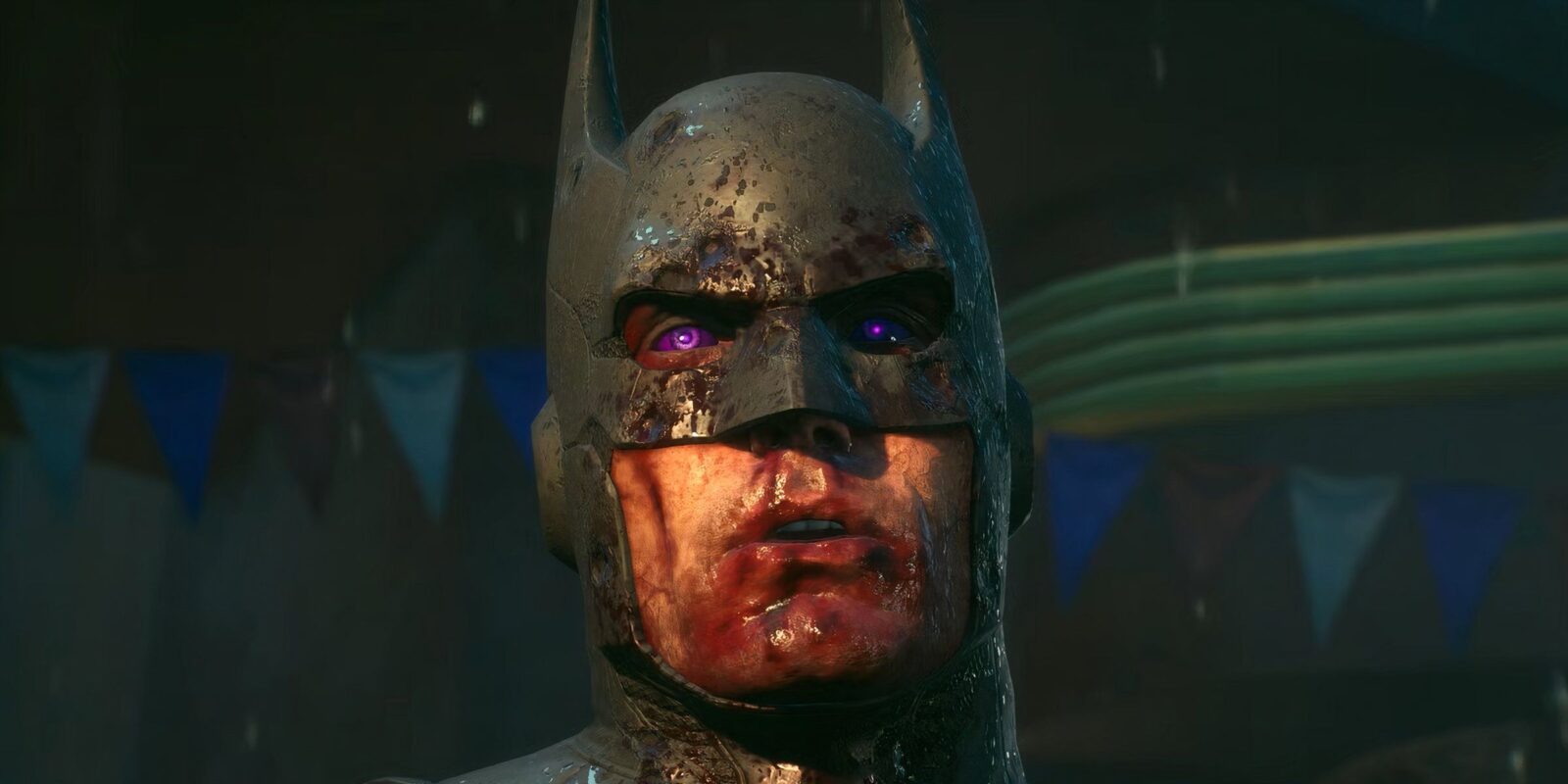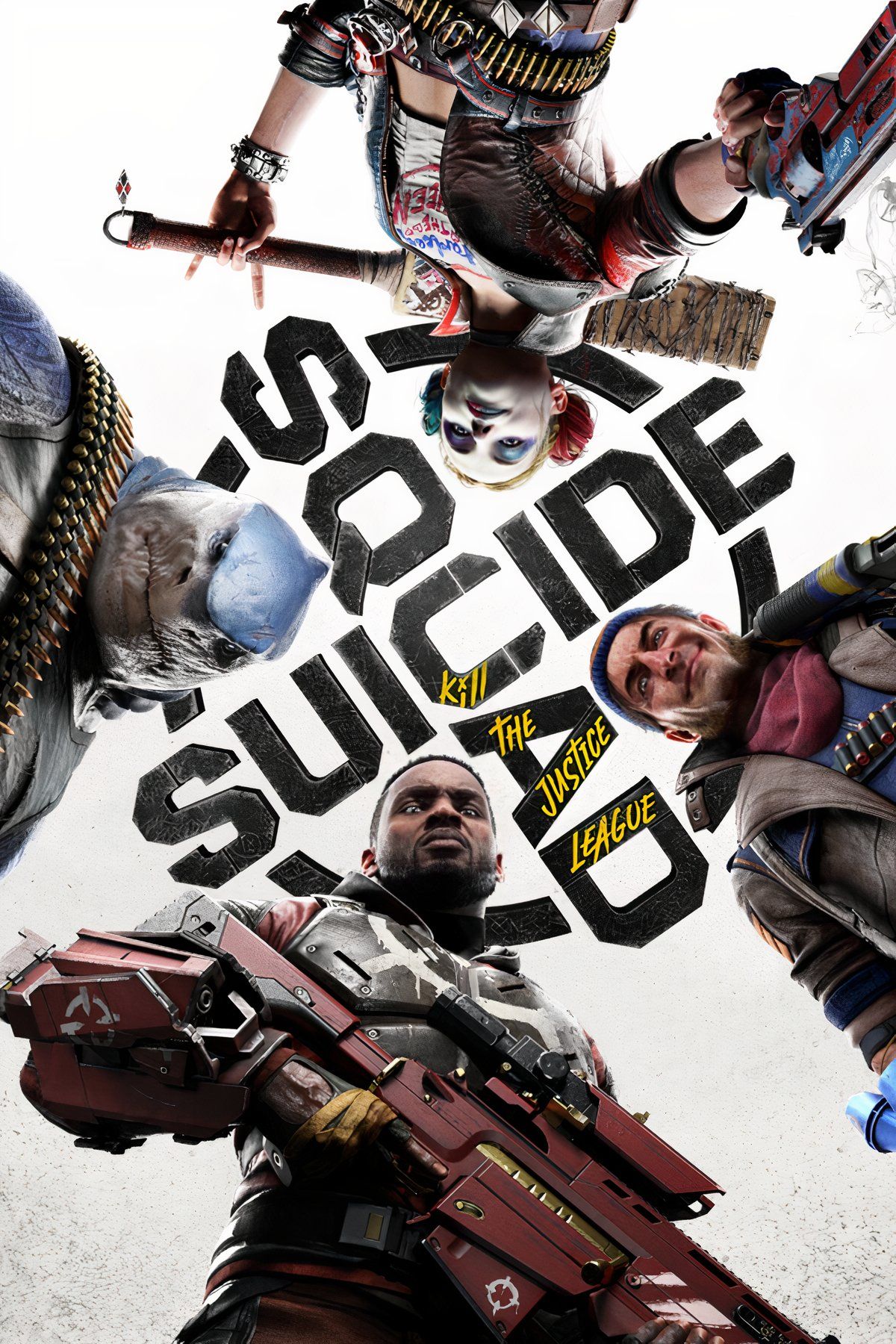Suicide Squad: Kill the Justice League’s main and post-launch campaign throughlines have finally been completed with Season 4’s Episode 8, which was released on January 14. A lot has happened in Suicide Squad: Kill the Justice League’s four post-launch seasons with Task Force X recruiting new members and defeating a dozen Brainiacs and, at the same time, not much has occurred to directly impact or throw a wrench in the game’s overarching story, at least between when the base game and post-launch content’s stories conclude.
Suicide Squad: Kill the Justice League’s performance and reception will undoubtedly have a profound effect on what DC games are produced in the future, and it’s already been made perfectly plain that Batman in particular is DC’s uncontested key to success. The Arkhamverse is a beloved franchise with more than a decade and a half’s worth of lore sustaining it, which is likely the only reason why Suicide Squad didn’t bury it alive. That said, future Arkhamverse games are basically guaranteed at this point with titles as authentic and brilliant as Batman: Arkham Shadow upholding the series’ resume, and a possible Batman-led sequel having to follow Suicide Squad: Kill the Justice League’s narrative will be daunting.

Related
Why a Harley Quinn Arkhamverse Game is Long Overdue
Batman’s Arkhamverse has pedestaled Harley Quinn in nearly every entry and she has long been deserving of her own single-player game.
Batman’s Arkhamverse May Never Be the Same After Suicide Squad: Kill the Justice League
Batman: Arkham Shadow electing to belong in the Arkhamverse’s prequel era was clever for a couple of reasons: one, there is a ton of unwritten and untold history to unravel in the years preceding Batman: Arkham Asylum; and two, it allowed itself to be as far away as possible from the narrative baggage that Rocksteady and Suicide Squad: Kill the Justice League have dumped into the Arkhamverse’s lap.
To be fair, Suicide Squad: Kill the Justice League’s story might not have even received the amount of disdain that it did if it wasn’t a part of the Arkhamverse. However, the choices it makes that affect the Arkhamverse are tough to accept after the events of Batman: Arkham Knight were so defiantly decisive.
Unsurprisingly, Suicide Squad: Kill the Justice League’s Ending is Fertile Soil for Batman
Indeed, having Bruce Wayne re-enter the public as Batman to join the Justice League squanders the weight of his choice to sacrifice the Batman persona altogether in Knight. Rocksteady’s Suicide Squad arguably fumbled this huge cliffhanger and many other important character developments, and the biggest story beats to emerge from Kill the Justice League are as follows:
- Thirteen Brainiacs and seemingly endless Elseworlds being introduced have opened the door to rippling multiverses in the Arkhamverse that the Justice League is apparently determined to help restore and avenge.
- The real Wonder Woman is dead, having been the only Justice League member to elude capture during Brainiac’s invasion and slain by Superman’s clone.
- Batman’s clone murdered countless people in Metropolis, including Tim Drake’s Robin (Tim’s death is technically not confirmed, but his mask is found caked in a spray of blood in the Batcave).
- Deathstroke’s recruitment into ARGUS’ Task Force X at the tail-end of Brainiac’s invasions suggests that he could have a prominent role in the Arkhamverse’s future depending on what storylines are pursued.
- The Floyd Lawton who appeared in Batman: Arkham Origins and Batman: Arkham City is dead and replaced by the “real” Floyd Lawton.
It’s possible that a future Arkhamverse game choosing to perpetuate the multiverse premise could be well-executed as multiverses aren’t inherently a lazy idea, but multiverses overall can quickly become trite when they purposefully exploit a lack of accountability due to their impermanence. Either way, Batman’s contingencies failed to prevent him from being cloned or Brainiac from wreaking havoc on Metropolis and that would absolutely need to be explored if a sequel follows Suicide Squad.
It’s assumed that Gotham City was unaffected by Brainiac’s invasion, and therefore stories there wouldn’t need to concern themselves with the events of Kill the Justice League unless NPCs or henchmen allude to them in passing.
Otherwise, Batman’s story in the Arkhamverse could continue with little to do with the Justice League or Kill the Justice League’s events if it wished, and following Camouflaj’s lead in this endeavor would probably be Rocksteady or any other developer’s best plan of action. Moreover, an actual Justice League game would be able to salvage what Suicide Squad laid foundations for, though it would be almost impossible to wash a bitter taste out of players’ mouths with the Arkhamverse’s Wonder Woman having died for nothing.















Leave a Reply